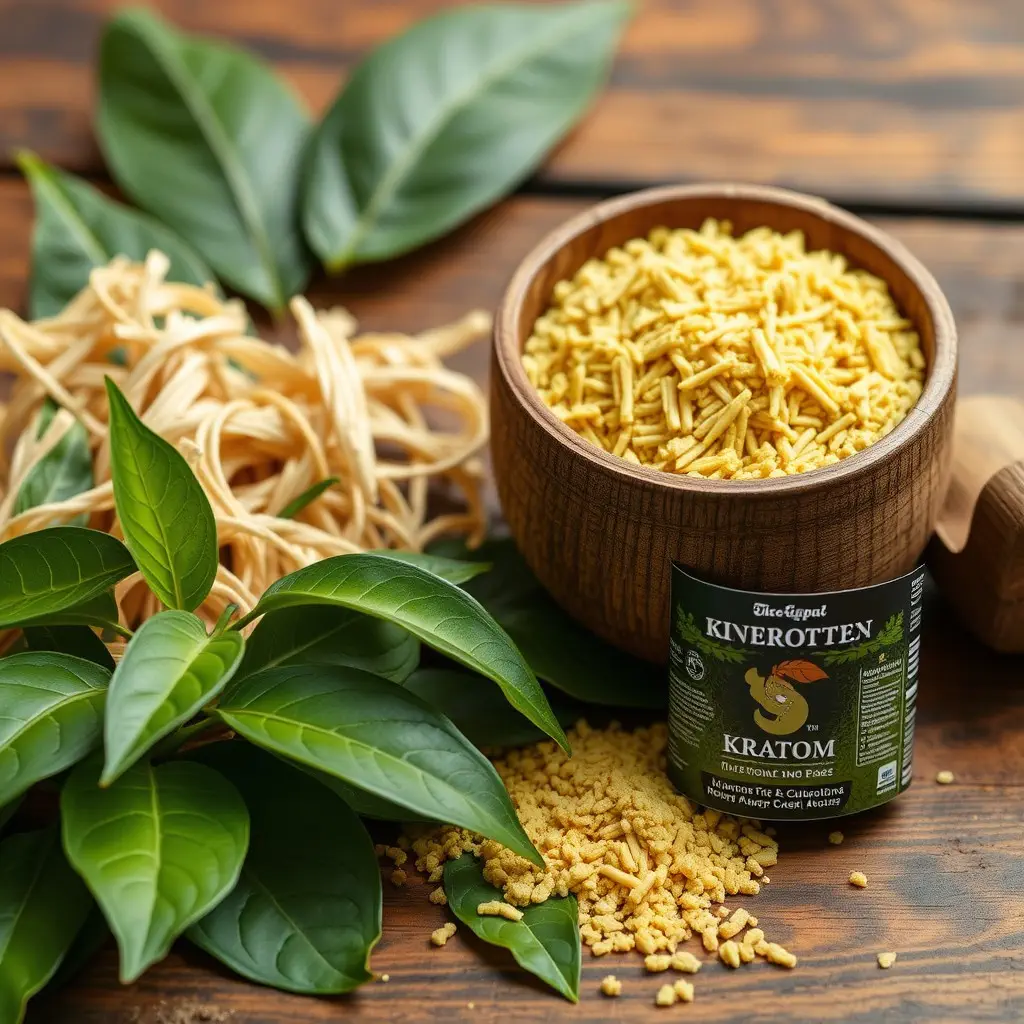Joint pain, a common issue affecting daily life and mental health, has prompted interest in natural remedies like kratom. The U.S. Army, while not explicitly banning kratom (does the army test for kratom), has explored its potential for managing pain and anxiety among service members. With growing popularity as a joint pain reliever, understanding the army's policies on kratom testing and consequences is crucial for service members considering its use.
Joint pain is a common affliction, impacting mobility and quality of life. This article delves into effective relief measures, with a particular focus on kratom as a natural alternative. We explore the science behind joint pain, its profound effects, and how kratom’s unique properties offer potential benefits. Additionally, we address a pressing question: does the Army test for kratom? Understanding these aspects is crucial for those seeking natural solutions while considering military regulations.
- Understanding Joint Pain and Its Impact
- Exploring Kratom as a Potential Relief Option
- Does the Army Test for Kratom?
Understanding Joint Pain and Its Impact
Joint pain is a common issue that can significantly impact an individual’s daily life and overall well-being. It encompasses a range of conditions affecting the joints, such as arthritis, tendonitis, or sprains, leading to discomfort, swelling, and reduced mobility. This pain can hinder simple tasks like walking, climbing stairs, or even gripping objects, making everyday activities challenging and potentially triggering feelings of frustration and isolation.
The impact of joint pain extends beyond physical discomfort; it can also take a toll on mental health. Chronic pain conditions have been linked to increased stress, anxiety, and depression, affecting sleep patterns and overall quality of life. Interestingly, the U.S. Army has recognized the potential benefits of kratom in managing pain and reducing anxiety, which has led to discussions about its testing and integration as an alternative treatment option for service members.
Exploring Kratom as a Potential Relief Option
Kratom, derived from the leaves of the Mitragyna speciosa plant, has gained attention as a potential natural remedy for joint pain relief. Its increasing popularity stems from its unique compound profile, offering both opioid and stimulant effects. This dual action makes kratom an intriguing option for individuals seeking alternative treatments, especially those who prefer natural solutions over prescription medications.
For service members or anyone concerned about drug testing, it’s crucial to understand that the U.S. Army does not currently list kratom as a prohibited substance. This absence in regulations has sparked interest in its therapeutic potential, allowing further exploration and research into its effectiveness for managing chronic pain, including joint-related discomforts.
Does the Army Test for Kratom?
The U.S. Army, like many other branches of the military, has strict policies regarding substance use and testing. While kratom is gaining popularity for its potential pain-relieving properties, its status within the military is unclear. The Army does not specifically mention kratom in their list of prohibited substances, but they do conduct random drug screenings as part of their standard protocols. These tests typically look for a range of controlled substances and prescription drugs.
It’s important to note that even if kratom is not explicitly on the banned list, positive test results for its active compounds could have consequences. Service members should exercise caution when considering kratom as a pain management option, especially in high-risk environments where drug testing is frequent and stringent. Always consult with medical professionals and follow legal guidelines regarding the use of any alternative treatments.
Joint pain can significantly impact daily life, but exploring natural remedies like kratom offers a potential relief option. While the U.S. Army does not currently test for kratom use, understanding its effects on joint pain provides valuable insights. Further research and personal consultation with healthcare providers are essential before considering kratom as a treatment. By examining both the benefits and limitations, individuals can make informed decisions regarding their joint pain management.






